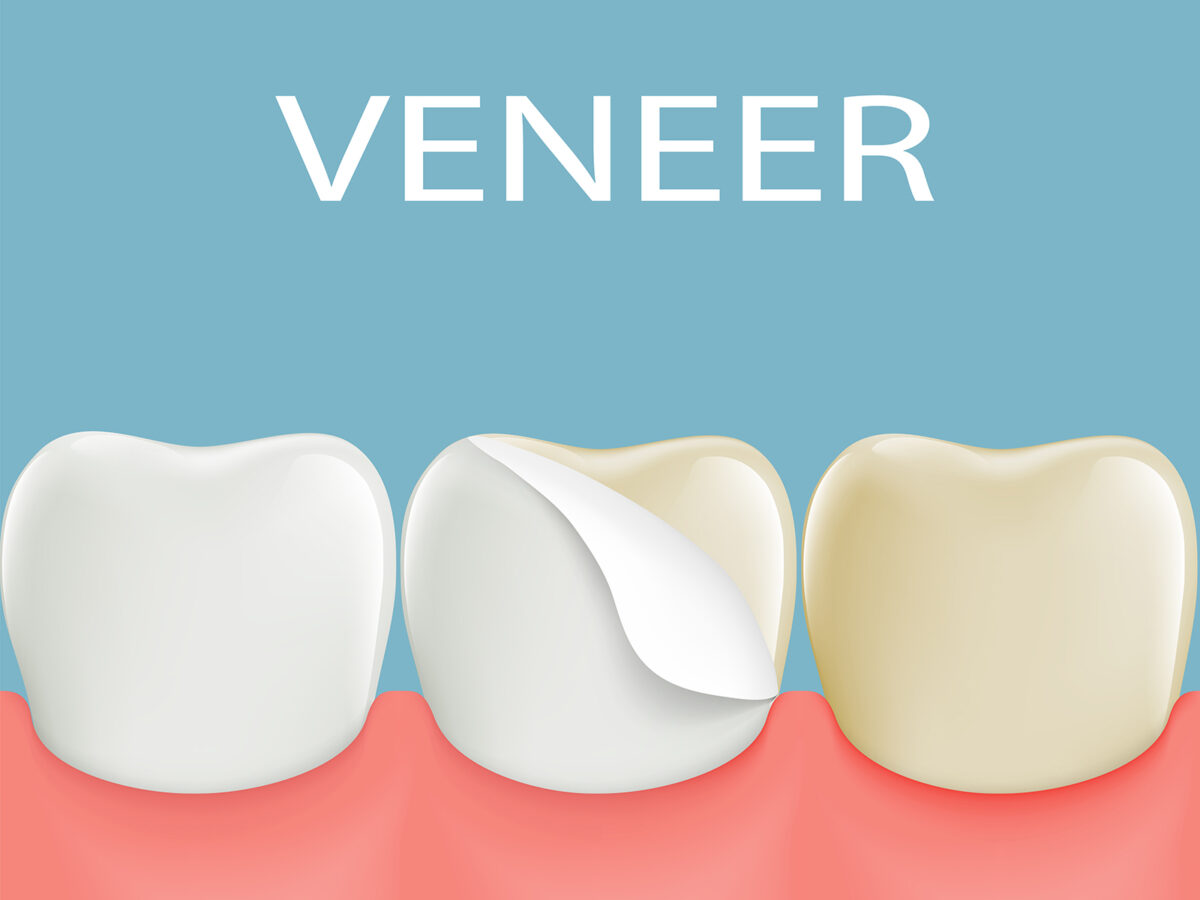Teeth grinding is a dental condition wherein people grind or clench their teeth from time to time. Medically known as bruxism, teeth grinding does not cause harm when done occasionally. But, if bruxism continues for prolonged periods, it can cause damage to the teeth and lead to other oral complications. But, before hopping on to the details of what teeth grinding can do to our teeth, let us explore the various causes of the problem.
Causes of Bruxism or Teeth Grinding
The medical community is not sure of the causes of teeth grinding. Still, there is a pervasive assertion that it is caused due to a combination of physical, psychological, and genetic actors. There are two types of bruxism:
- Awake Bruxism: It may be caused by intense emotions such as anxiety, anger, stress, frustration, and so forth. Awake Bruxism may also be a coping mechanism or a habit during deep concentration.
- Sleep Bruxism: It may be caused due to sleep-related chewing activity associated with arousals while sleeping.
After talking about the causative factors of the two main types of bruxism, some risk factors are also associated with the problem. As mentioned above, stress, anxiety, and frustration are some leading causes of teeth grinding. Likewise, bruxism is also common among children and goes away by adulthood. Moreover, in a few cases, teeth grinding may manifest as a side effect of medications. The problem is also associated with specific mental health disorders like dementia, night terrors, epilepsy, Parkinson’s disease, sleep apnea, and so forth.
Now that we talked about the causes of teeth grinding let us examine the condition’s problems.
Teeth Grinding and its Impacts
It is noteworthy to highlight that bruxism does not cause severe complications in most scenarios. But, at times, it can damage the teeth, dentures, restorations, crowns, and so forth. Extreme cases of teeth grinding can also result in damage to the jaw. Teeth grinding can result in tension-type headaches as well. Intense facial or jaw pain may also arise due to bruxism. Lastly, disorders that occur in the temporomandibular joints can also manifest due to bruxism. Let us now move forward to the various treatments and symptoms of bruxism. Untreated bruxism can also cause the enamel to erode and result in cracks and chips on the teeth.
Symptoms and Treatment of Bruxism
The common symptoms of bruxism include:
- Grinding or clenching of teeth
- Worn, fractured, or chipped teeth
- Tired jaws
- Increased toothache and sensitivity
- Erosion of teeth enamel
- Sleeping problems
- Mild headaches that originate around the temples
- Neck, facial and jaw pain
The most common way of dealing with bruxism is to use a mouth guard while sleeping to don’t damage your teeth. Other methods include coping with stress and anxiety, counseling sessions, muscle relaxants, and so forth. Although mild bruxism is not harmful, it is essential to be vigilant as severe teeth grinding can cause significant disruptions to our oral health.
Schedule your appointment with a dentist today and get the treatment on time!





